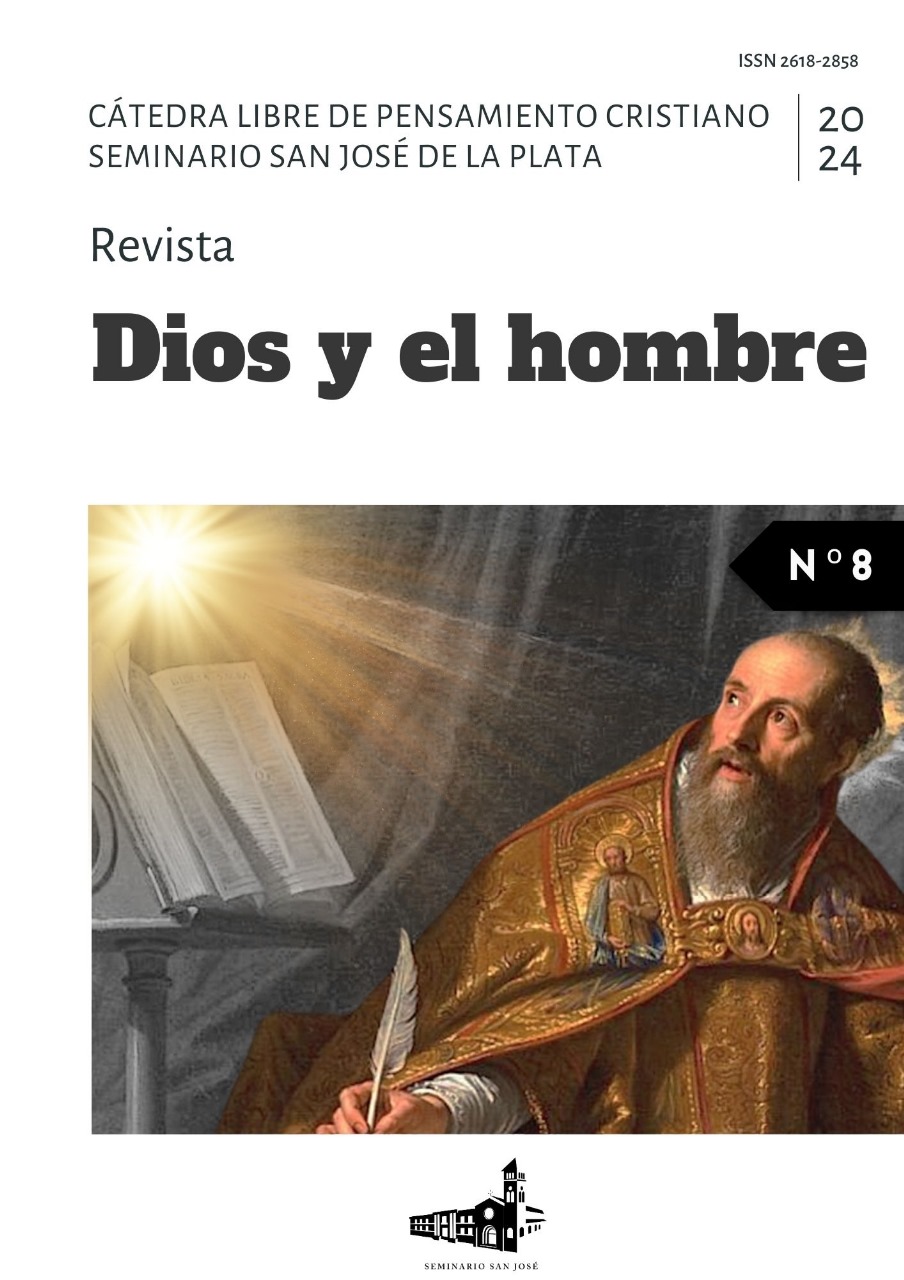The superman and the superhero
Nietzsche's philosophy behind Marvel
Keywords:
superman, Thanos, Nietzsche, power, meaningAbstract
Who would have thought that superhero movies hide great philosophical propositions? How common is it for villains to be favorable to policies strongly built on Nietzschean concepts? Were the directors aware that their screenwriters could well have been Michel Foucault, Walter Benjamin, or Viktor Frankl? Let’s dive into this philosophical re-reading of Marvel's superheroes and villains, to rediscover that every narrative entails conceptual layers supported by philosophy.
Downloads
Metrics
References
Aaron, J. y Bianchi, S. (2013). Thanos Rising #1. Marvel characters, inc.
Benjamin, W. (1989). Discursos interrumpidos I, filosofía del arte y de la historia. Taurus.
Frankl, V. (2019). El hombre en busca de sentido. Herder.
Joss,W. (Dir.). (2015). Avengers: Age of Ultron [Película]. Marvel Studios.
Nietzsche, F. (2000). Aurora, Pensamientos sobre los prejuicios morales. Biblioteca Nueva.
Nietzsche, F. (1980). Así habló Zaratustra. Gredos.
Nietzsche, F. (1988). El anticristo. Ediciones Siglo Veinte.
Nietzsche, F. (1993). El crepúsculo de los ídolos. Editores Mexicanos Unidos.
Nietzsche, F. (1998). La voluntad de poderío. EDAF.
Russo, J. y Russo, A. (Dirs.). (2018). Avengers: Infinity War [Película]. Marvel Studios
Russo, J. y Russo, A. (Dirs). (2019). Avengers: End Game [Película]. Marvel Studios.
Downloads
Published
How to Cite
Issue
Section
License
Copyright (c) 2024 Valentín García Lazzarini

This work is licensed under a Creative Commons Attribution-NonCommercial-ShareAlike 4.0 International License.
Política general de la revista (desde 2018)
La aceptación de un original por parte de la revista implica la cesión no exclusiva de los derechos patrimoniales de los/as autores/as en favor del editor, quien permite la reutilización, luego de su edición (postprint), bajo una Licencia Creative Commons Atribución-NoComercial-CompartirIgual 4.0 Internacional (CC BY-NC-SA 4.0).
Acorde a estos términos, el material se puede compartir (copiar y redistribuir en cualquier medio o formato) y adaptar (remezclar, transformar y crear a partir del material otra obra), siempre que a) se cite la autoría y la fuente original de su publicación (revista y URL de la obra), b) no se use para fines comerciales y c) se mantengan los mismos términos de la licencia.
La cesión de derechos no exclusivos implica que luego de su edición (postprint) en Dios y el Hombre los/as autores/as pueden publicar su trabajo en cualquier idioma, medio y formato; en tales casos, se solicita que se consigne que el material fue publicado originalmente en esta revista.
Tal cesión supone, también, la autorización de los/as autores/as para que el trabajo sea cosechado por SEDICI, el repositorio institucional de la Universidad Nacional de La Plata, y sea difundido en las bases de datos que el equipo editorial considere adecuadas para incrementar la visibilidad de la publicación y de sus autores/as.
Asimismo, la revista incentiva a los/as autores/as para que luego de su publicación en Dios y el Hombre depositen sus producciones en otros repositorios institucionales y temáticos, bajo el principio de que ofrecer a la sociedad la producción científica y académica sin restricciones contribuye a un mayor intercambio del conocimiento global.



















